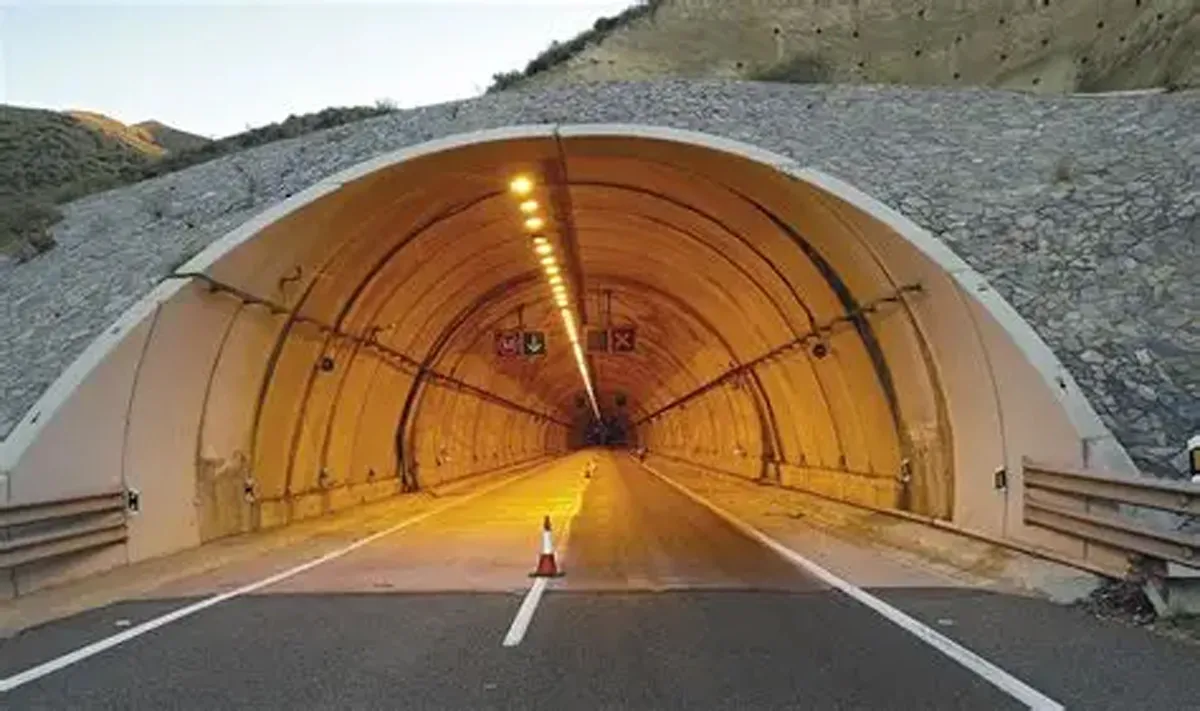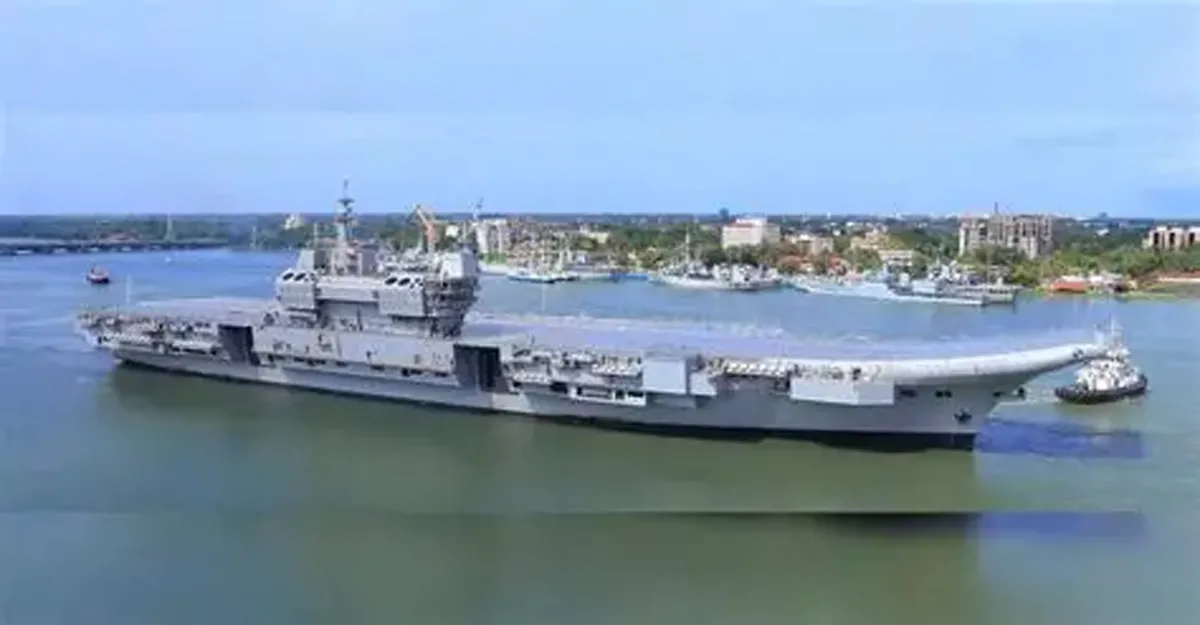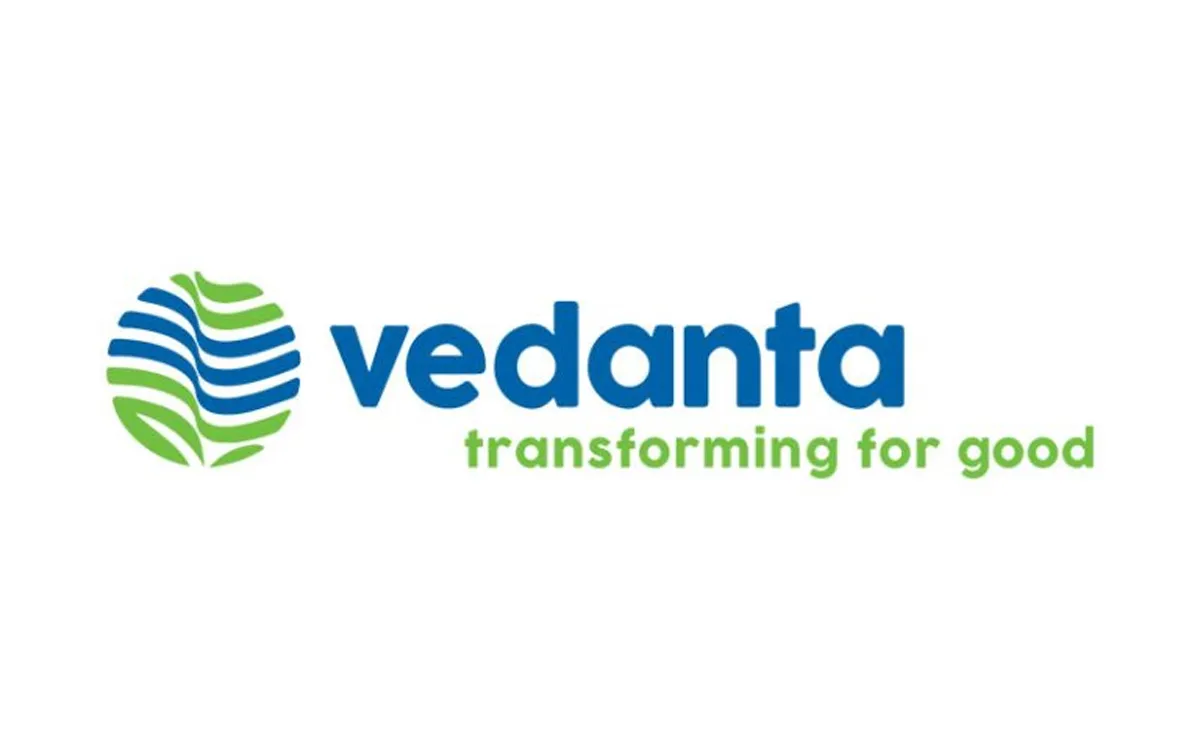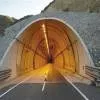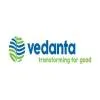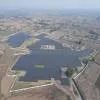The biggest change in our industry will be the Internet of Things, says Ashok Ramachandran, CEO, Schindler India & South Asia
01 Sep 2018
5 Min Read
Editorial Team
Schindler India, a 100-per-cent owned subsidiary of the Schindler Group established in Switzerland in 1874, is among the leading providers of elevators and escalators. Schindler India's service presence spans over 50 major cities, including branch offices in 13 major cities with its headquarters in Mumbai. The firm recently appointed Ashok Ramachandran as its new CEO; notably, the youngest CEO at Schindler India. Having spent over a decade (2006-2018) in various roles within the Schindler Group, he shares more on his plans for the company, in a tOte-a-tOte with <span style="font-weight: bold;">SERAPHINA D'SOUZA.</span>
<p></p>
<p> <span style="font-weight: bold;">Having taking charge in your new role, what are your growth plans for the company? Any target revenues set?</span><br />
We all know that India is the second biggest market for elevators, closely behind China, and is hence an important market for Schindler. We are among the top two or three elevator and escalator companies in the country. We had a huge growth in the past five to seven years. From where we began 20 years ago in India to where we are now, I can see the huge faith the brand has got. This year, we are already seeing a 20-25 per cent growth compared to the same time last year. Our focus in India is definitely to grow above the market. The market has grown at about 7 per cent, so we want to be growing above that and capture the market leadership from both the service base and for the business. </p>
<p> <span style="font-weight: bold;">Are there any specific sectors you are tapping to drive maximum demand for your elevators and escalators?</span><br />
We are definitely focussing on affordable housing, infrastructure, airports, etc. Having said that, we now have a complete product range for all sectors. Again, we are the only company to have in-house manufacturing of both elevators & escalators at our Pune factory. We indigenously supported the Make in India campaign and now have a full-fledged R&D and manufacturing hub for both escalators and elevators. In fact, the institute is also getting built there, and we hope to launch it next year. Our vision is to make it an end-to-end centre of excellence and knowledge. At Schindler, we have worked on training and development in a big way in every country where we have a presence. Here in India, we have training centres in Pune, Mumbai, Bengaluru and Noida. </p>
<p> <span style="font-weight: bold;">Residential buildings account for 85 per cent of your business. Do you see the commercial, hospitality, infra and other segments contributing in the coming years?</span><br />
There is definitely a big push. But in residential currently, there is definitely an oversupply with RERA last year and demonetisation affecting the market. So, it will take some time to walk through this oversupply. Then, there is the commercial market, which is definitely picking up. We are hoping there will be more demand for high-rises in India. </p>
<p> <span style="font-weight: bold;">Speaking of high-rises, what kind of R&D are you undertaking, for design, speed, energy-efficiency, and so on?</span><br />
We already have very established products for high-rises. The biggest change you will see in our industry will be the Internet of Things (IoT). The user experience-personalisation of what you wantùis what users are demanding now. We will be launching this soon, and have partnered with Huawei for the hardware and GE for the 'predicts' platform. So, every elevator we launch will automatically have this hardware installed; with this, the days of elevator breakdowns will be a thing of the past. We will know about elevator breakdowns before they happen; we will get signals from the elevator through the hardware with regard to the door, machine or any other problems. We can then have our technicians identifying potential problems before they occur and fix it. So, instead of fixing the elevator after it breaks down, we will see it fixed before.</p>
<p> <span style="font-weight: bold;">What about R&D towards energy-efficiency in elevators?</span><br />
We already have regeneration of power in our elevators. So, whatever electricity is coming into the elevator is fed back into the grid. We don't have to keep using more electricity from outside. All our products are now fully compliant with LEED and Lotus certification in terms of power and sustainability. We are only starting to see improvements of the versions, like software upgrades.</p>
<p> <span style="font-weight: bold;">Who would you consider your toughest competitor and what, according to you, keeps Schindler ahead of the rest?</span><br />
I believe we do not have to compete with elevator companies, only with the best companies in India. My personal vision is to become one of the top 50 best companies in the world, not just in terms of elevators. We have a good set of elevator companies in India; I admire my competitors because we have all contributed something into making India what it is today. I would now like to see us focus on people development; we have invested a lot in people, such as training local people, etc. I believe in driving resource through people, so our focus will be purely on that and we will see more of that happening. </p>

